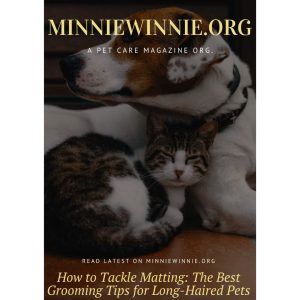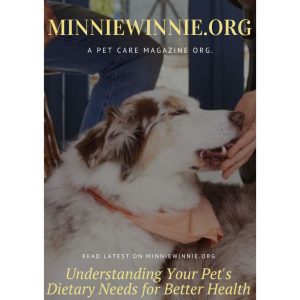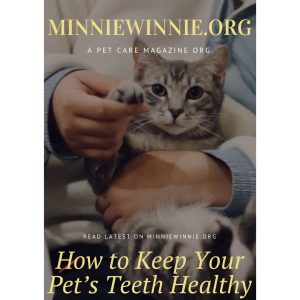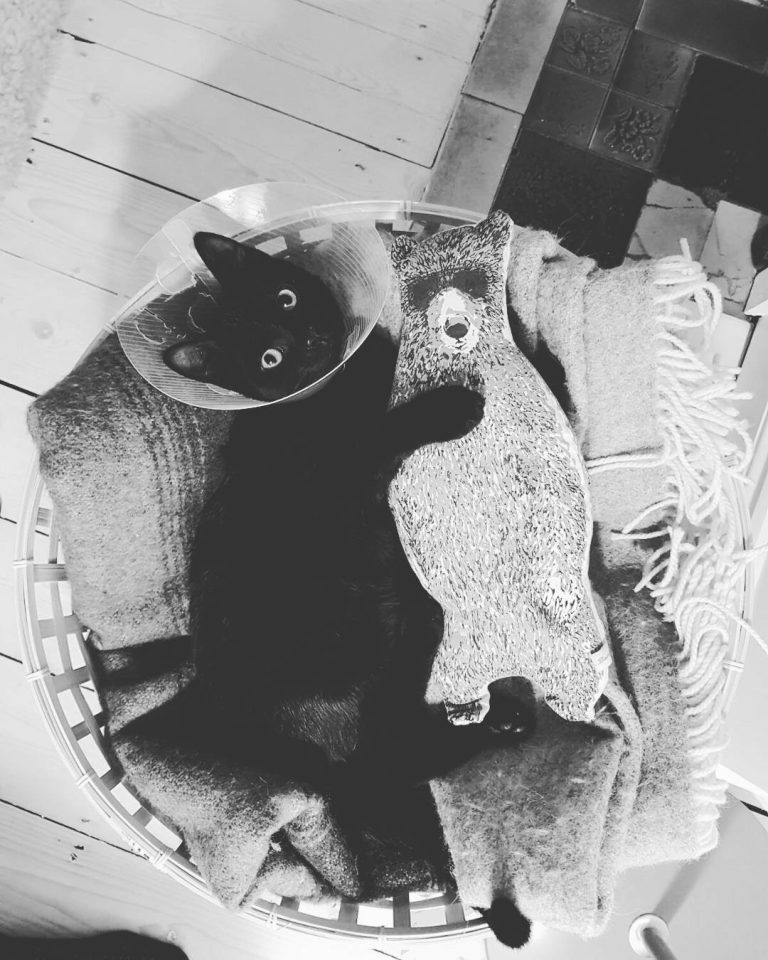Can Poor Diet Affect Your Pet’s Fur? Find Out Here
As pet owners, we all want our furry companions to look and feel their best. A pet’s fur isn’t just an indicator of their appearance—it’s also a reflection of their overall health. While factors like grooming and environment play a role in maintaining a healthy coat, one of the most critical elements is nutrition. A poor diet can have significant effects on your pet’s fur, leading to dullness, shedding, and even more serious conditions. So, how does what your pet eats impact their fur, and what can you do to ensure it stays healthy and shiny?
1. The Link Between Nutrition and Fur Health
Your pet’s fur is made primarily of protein, and just like humans, animals need proper nutrition to maintain strong, healthy hair. The food your pet consumes provides essential nutrients that nourish their skin and coat from the inside out. When a pet’s diet lacks the right balance of vitamins, minerals, and protein, it can lead to noticeable changes in their fur, such as dryness, thinning, or excessive shedding.
2. Signs of Nutritional Deficiencies in Your Pet’s Fur
Dull or Dry Fur
One of the first signs of a poor diet affecting your pet’s coat is dullness. A healthy coat should be shiny and soft to the touch. If your pet’s fur starts to look lackluster or feels rough, it may be due to a lack of essential fatty acids, such as omega-3 and omega-6, in their diet. These healthy fats are crucial for maintaining a shiny, moisturized coat.
Excessive Shedding
While all pets shed to some extent, an increase in shedding can signal that something is wrong with their diet. Protein is essential for hair growth and strength, so if your pet isn’t getting enough high-quality protein, their fur may become weak and more prone to falling out. Excessive shedding can also be caused by a deficiency in essential fatty acids, which help maintain the integrity of your pet’s skin and hair follicles.
Brittle or Broken Fur
Fur that easily breaks or feels brittle can be a sign of a diet lacking in protein or certain vitamins, such as vitamin E and B-complex vitamins. These nutrients help in the production of healthy, strong fur. When pets don’t get enough of them, their fur can become fragile and prone to breaking.
Patchy Fur or Bald Spots
If your pet starts developing bald spots or areas of patchy fur, this could indicate a severe nutritional deficiency or an underlying health problem. A lack of zinc, biotin, or other key nutrients can lead to hair loss. In extreme cases, a poor diet can weaken the immune system, making pets more susceptible to skin infections or conditions that affect fur growth.
Itchy, Flaky Skin
A poor diet can also lead to skin issues that affect the quality of your pet’s fur. If your pet’s skin is dry, flaky, or inflamed, it could be a sign that their diet is lacking in omega fatty acids and other skin-supporting nutrients. Healthy skin is essential for a healthy coat, and if your pet’s skin is irritated or not properly nourished, their fur will suffer as a result.
3. Key Nutrients for a Healthy Coat
To ensure your pet’s coat remains shiny, thick, and healthy, their diet should include the following essential nutrients:
Protein
As the building block of fur, protein is one of the most important nutrients for your pet’s coat. Make sure your pet’s diet includes high-quality animal-based proteins, such as chicken, beef, or fish. Pets that don’t get enough protein may experience hair loss or a dull coat.
Omega-3 and Omega-6 Fatty Acids
These healthy fats help to maintain a glossy, moisturized coat and support skin health. Foods rich in omega-3s, such as fish oil, and omega-6s, found in many vegetable oils, are crucial for keeping your pet’s fur in top condition. Pets deficient in these fats may develop dry, flaky skin and a dull coat.
Vitamins A, E, and B-complex
Vitamin A promotes healthy skin and fur by supporting the production of natural oils. Vitamin E helps to protect cells from damage and promotes circulation, which is essential for fur growth. B-complex vitamins, especially biotin, are vital for healthy hair production and strength. Including foods rich in these vitamins or supplements recommended by a vet can significantly improve your pet’s coat.
Zinc
Zinc is an essential mineral for both skin and coat health. It plays a role in hair growth and helps to keep the skin barrier strong and resilient. A deficiency in zinc can lead to hair loss, brittle fur, and even skin infections.
4. How to Improve Your Pet’s Diet for Better Fur Health
Choose High-Quality Pet Food
The first step to ensuring your pet’s coat stays healthy is to choose a high-quality, well-balanced pet food. Look for options that list real meat as the first ingredient and avoid foods with excessive fillers, artificial colors, or preservatives. Many high-quality pet foods are formulated with added vitamins and fatty acids specifically to support skin and coat health.
Incorporate Supplements
If you’re concerned that your pet’s diet may not be providing enough of the essential nutrients for a healthy coat, talk to your vet about adding supplements. Omega-3 fish oil supplements, biotin, or vitamin E can all help improve the quality of your pet’s fur and promote healthy hair growth.
Provide Fresh Water
Hydration plays a key role in your pet’s overall health, including their coat. Make sure your pet has access to fresh water at all times to keep their skin and fur hydrated.
Monitor for Allergies
Food allergies or sensitivities can also affect your pet’s coat. If your pet is eating a balanced diet but still experiences skin issues, excessive shedding, or fur loss, it may be worth considering whether certain ingredients are causing an allergic reaction. Your vet can help identify and manage food allergies through an elimination diet or allergy testing.
5. When to See a Vet
If your pet’s coat changes drastically despite feeding them a balanced diet, it’s essential to consult a vet. Sudden fur loss, bald patches, or extreme dryness can be symptoms of an underlying health condition, such as thyroid problems, parasites, or skin infections. A vet will be able to determine if the issue is related to diet or if there’s another cause that needs treatment.
Conclusion
A poor diet can have a significant impact on your pet’s fur, leading to dullness, shedding, and even skin problems. By ensuring your pet receives a balanced diet rich in essential nutrients, such as protein, omega fatty acids, and vitamins, you can help them maintain a healthy, shiny coat. Regular check-ups with your vet and being mindful of your pet’s overall health are key to keeping their fur in great shape. Your pet’s coat is a reflection of their internal health, so feed them well, and they’ll look and feel their best!








